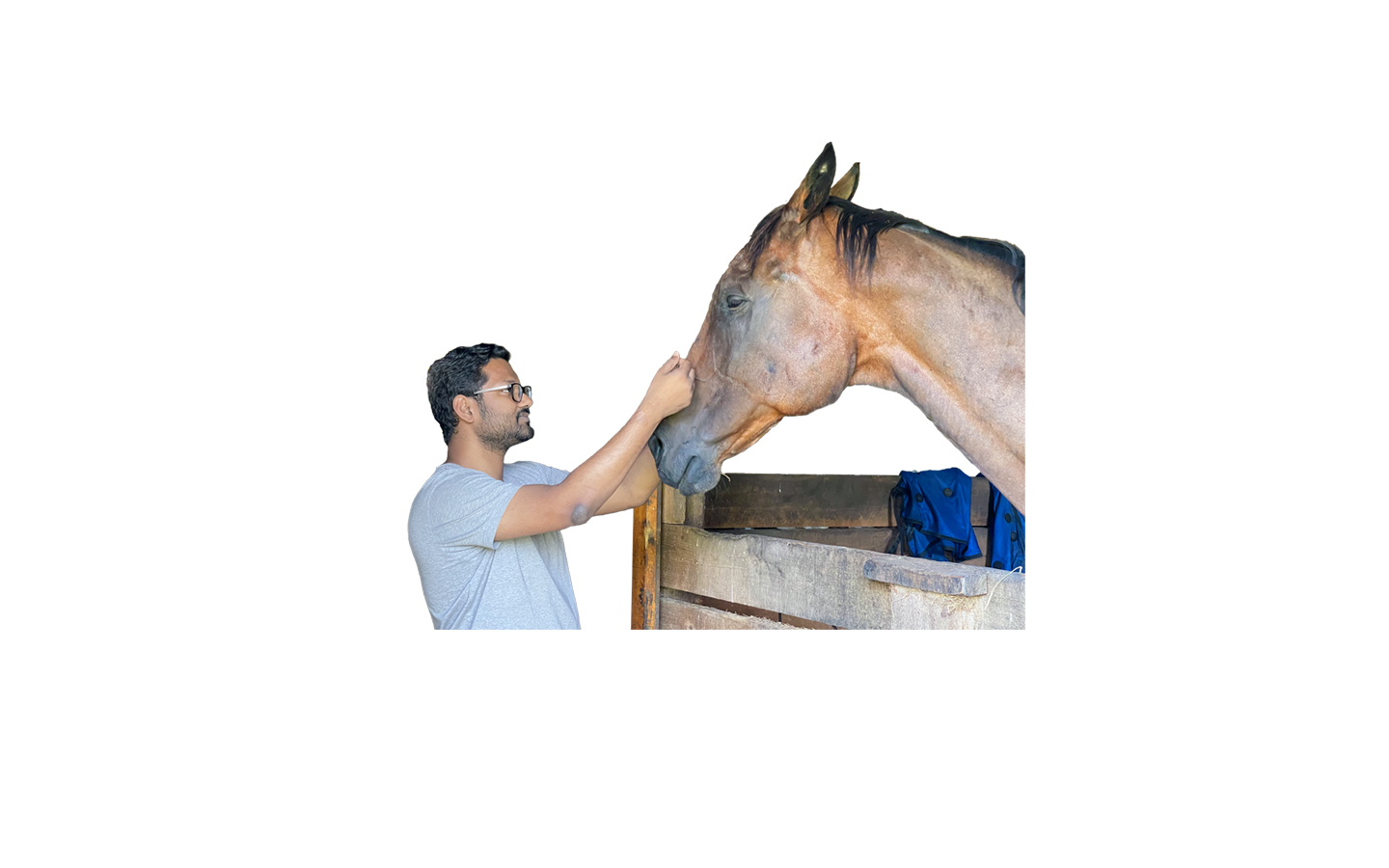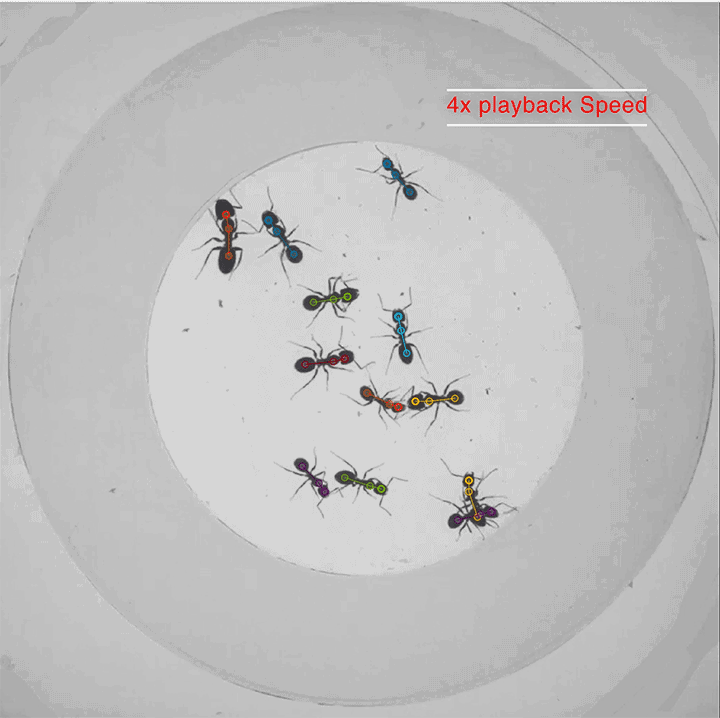INTRODUCTION TO ANIMAL BEHAVIOR
Exploring the fascinating world of behavior science with a focus on animals
Why do animals do what they do? Survival, reproduction, fun? What are the strategies animals use to do those things in their everyday life? How do they do something that seems extraordinary? How similar are animals to each other or us? How can we read their (body) languages? How can we predict behavior in animals, communicate with and train them better? What and how can we learn from animals? This course is about answering these an similar questions. We start by exploring the intricate mechanisms of some “regular behavior” as well as “extraordinary behavior” (like long-range migration in different animals) that animals exhibit. Then we dive into the details by which they achieve those tasks, both from a mechanistic and evolutionary perspective. We will emphasize topics like foraging, communication, cooperation, parental care, cognition, learning, and memory. We will end with exploring some theories on behavior and several applications inspired by studies on animal behavior. This course could be an ideal precursor for students who want to pursue further studies on animal behavior, animal training, ecology, evolution, neurobiology, and psychology. I will update this page with details soon!


